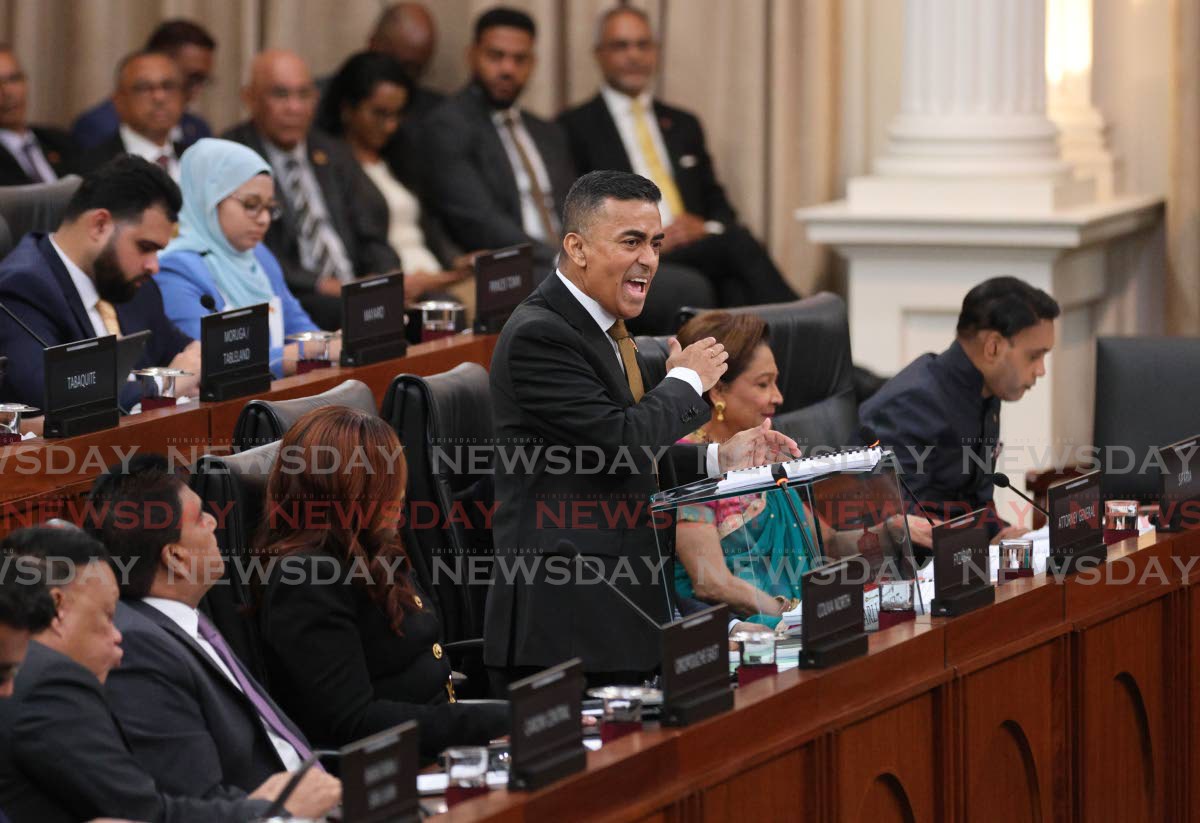The United National Congress (UNC) government, led by Finance Minister Davendranath Tancoo, presented its inaugural national budget for 2025-2026, striking a balance between relief measures and revenue-generating policies. The budget, delivered in the House of Representatives on October 13, 2025, was framed as a ‘give and take’ fiscal package aimed at fulfilling election promises while addressing economic challenges. Key highlights include a $1 per litre reduction in super gasoline prices, a 10% wage increase for public servants, and the removal of VAT on essential food items—measures designed to ease the financial burden on citizens. However, the government also introduced new levies, such as increased customs duties on alcohol and tobacco, a 3% hike in National Insurance System (NIS) contributions, and a landlord surcharge, targeting big businesses and commercial entities. Tancoo emphasized that the budget reflects the UNC’s commitment to ‘putting the people of Trinidad and Tobago first,’ with a projected expenditure of $59.232 billion and revenue of $55.367 billion, resulting in a $3.865 billion deficit. The budget also allocated significant funds to Tobago ($3.724 billion) and prioritized sectors like education ($8.766 billion), health ($8.214 billion), and national security ($6.366 billion). Additionally, Prime Minister Kamla Persad-Bissessar will oversee a newly established Financial Oversight & Appropriations Committee (FOAC) to ensure transparent management of state resources. The budget debate is set to begin on October 17, with Opposition Leader Pennelope Beckles expected to respond.
